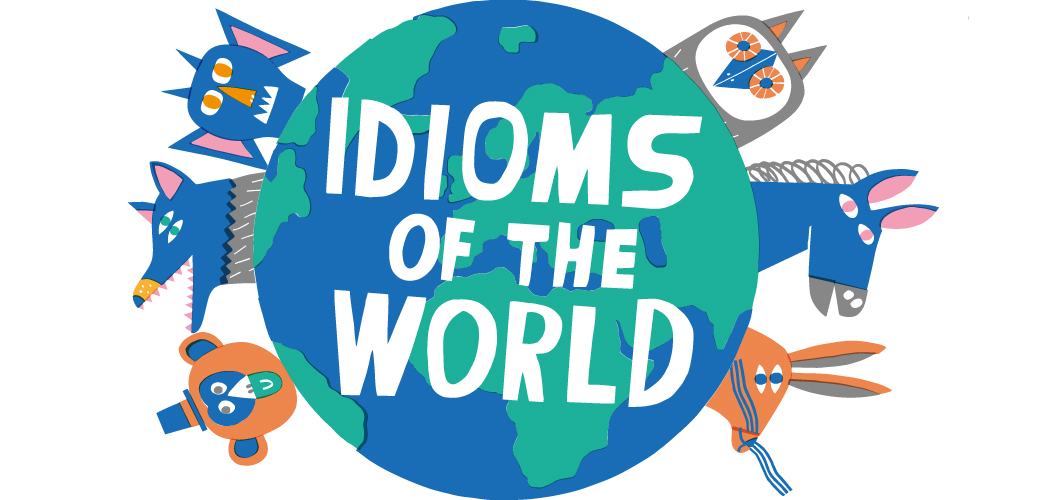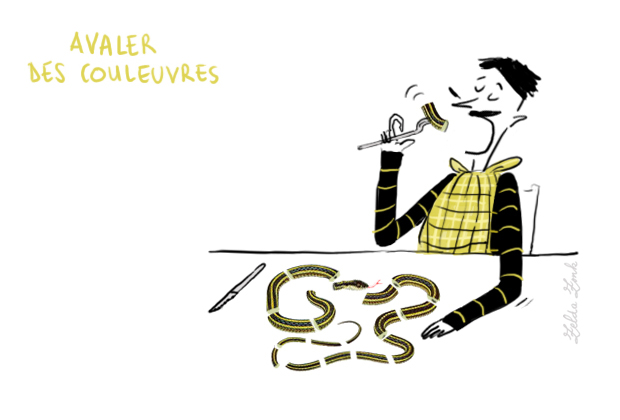At Global Immersions, we are proud to say that we serve almost 1,000 individuals annually from more than 50 countries. Furthermore, we have an incredible amount of diversity within our hosts as well, and we are always excited to learn about new cultures whilst helping clients immerse themselves into the US culture. It always fascinates us how our visitors and hosts are able to speak multiple languages, and this is why in this blog, we are going to list some of our favorite idioms we have heard from other countries!

Every language has its own anthology of sayings, whether it is offering advice on how to live or emphasizing values and beliefs. Idioms highlight the manner of speaking that is natural to native speakers of a language, and there are thousands that exist in every language. However, sometimes there are idioms that cannot be translated literally, and the ones below truly gives an interesting insight into the languages of some of our visitors!
Since we get a lot of Chinese visitors coming to Boston throughout the year, here are some of our favorite Chinese idioms we have heard:
- Idiom: 杯弓蛇影 (bēi gōng shé yǐng / būi gōng sèh yíng)
- Literal Translation: Seeing the reflection of a bow in a cup and thinking it’s a snake
- What It Means: Worrying about things that aren’t actually there
- Idiom: 脱颖而出 (tuōyǐng’érchū)
- Literal Translation: A sharp stick points out
- What It Means: To Fully Expose One’s Talent
- Idiom: 单丝不成线,独木不成林 (dān sī bù chéng xiàn, dú mù bù chéng lín)
- Literal Translation: A single thread cannot become a cord, and a single tree does not make a forest.
- What It Means: Co-operation is a necessity
Next up are some of the most creative yet funny idioms we have heard from Japan! It is interesting to note that the Japanese language has a significant amount of expressions involving cats!

- Idiom: どんぐりの背比べ (donguri no seikurabe)
- Literal Translation: It’s acorns comparing heights
- What It Means: The group is roughly the same in ability or quality
- Idiom: 猫の手も借りたい (neko no te mo karitai)
- Literal Translation: Borrow even cat’s paws
- What It Means: So busy you don’t have time for anything
- Idiom: 猫舌 (nekojita)
- Literal Translation: Cat’s tongue
- What It Means: Needing to wait until hot food cools to eat it
- Idiom: 猫の額 (neko no hitai)
- Literal Translation: Cat’s forehead
- What It Means: Something that is very small
Moving on from the idioms of cats from Japan, we have a list of idioms involving animals from France that will surely make you laugh!

- Idiom: Avaler des couleuvres
- Literal Translation: To swallow grass snakes
- What It Means: Being so offended you cannot reply
- Idiom: Sauter du coq à l’âne.
- Literal Translation: To jump from the rooster to the donkey
- What It Means: Changing topics without logic in a conversation
- Idiom: Se regarder en chiens de faïence.
- Literal Translation: To look at each other like earthenware dogs
- What It Means: To look at one another coldly, with distrust.
After going through some of the funniest idioms we have heard, it seems that animals tend to be a recurring theme in a lot of languages, whether it is Japanese, French, German, Or Swedish. However, although the literal translation might sound ridiculous in English, the idioms themselves do carry a lot of meaning behind them. Here are some Swedish idioms that are genius!

- Idiom: Det är ingen ko på isen
- Literal Translation: There’s no cow on the ice
- What It Means: There is no need to worry
- Idiom: Att glida in på en räkmacka
- Literal Translation: To slide in on a shrimp sandwich
- What It Means: Referring to somebody who didn’t have to work to get where they are
- Idiom: Se regarder en chiens de faïence.
- Literal Translation: To look at each other like earthenware dogs
- What It Means: To look at one another coldly, with distrust.
We hope the next time you have a visitor from one of the countries above, you test out these idioms with them! What are some of your favorite idioms you have heard? Let us know!
